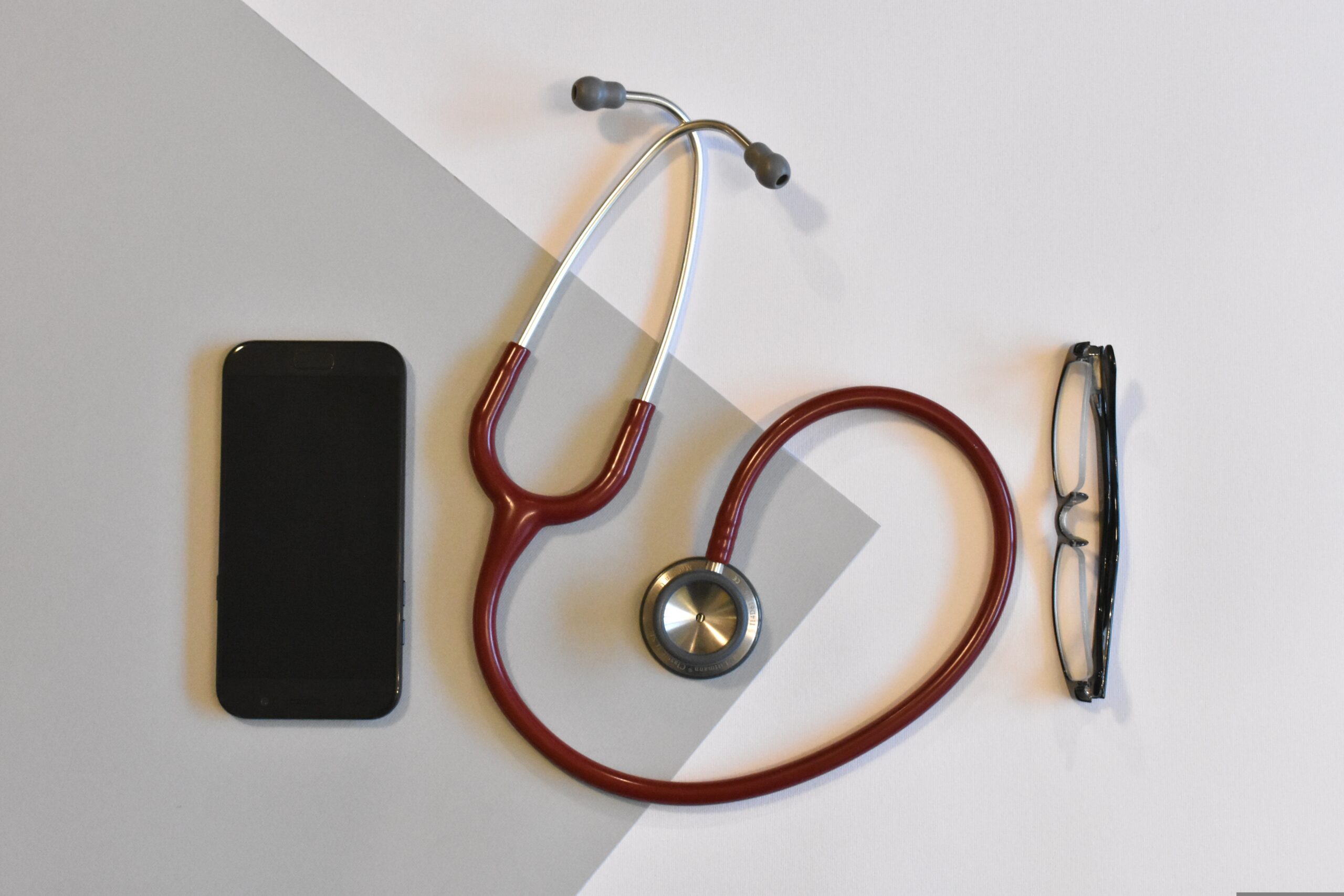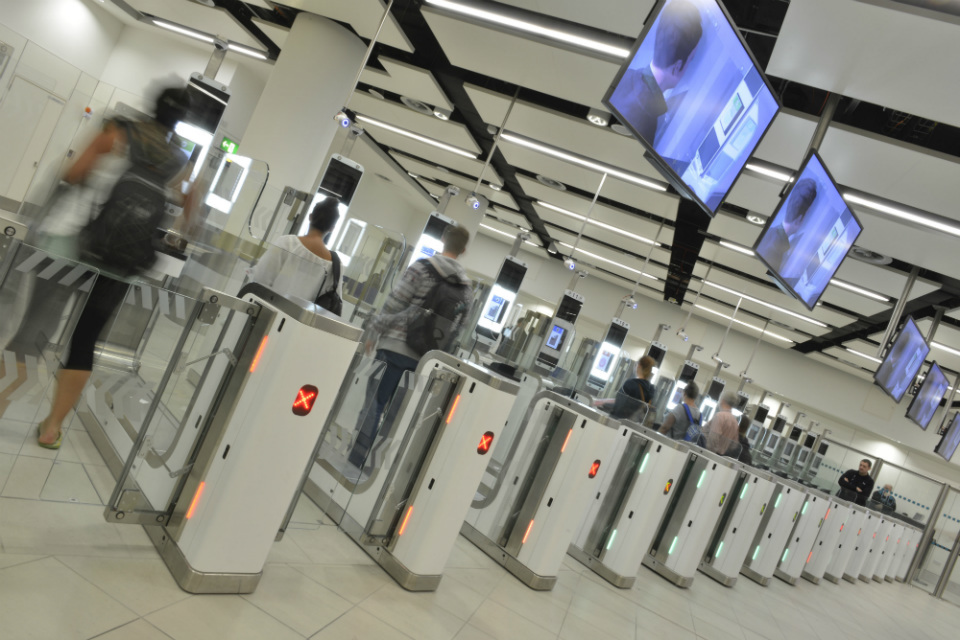After entering financial difficulties, GP at Hand operator Babylon Health was bought out of administration by US firm eMed – which has issued reassurances for the remote NHS service’s 100,000 patients
The new owner of Babylon Health – whose technology underpins the GP at Hand NHS primary care service – has pledged that the practice’s 100,000 patients and clinical staff will not suffer any disruption.
Babylon revealed this summer that, following the collapse of a proposed merger, the firm was in severe financial difficulties. Shortly afterwards, its UK operations were placed into administration.
During this process a buyer – eMed, a telehealth specialist headquartered in Miami – was identified and a sale went through around the end of August.
This week, Babylon’s website has been update to reflect the firm’s new owner, including the publication of an FAQ page providing information for those registered with GP at Hand.
“Patients and members will be able to continue booking appointments and access our services,” the online document said. “There will be no disruptions to the services you receive through GP at Hand, pay as you go or your subscription. The same services you’ve come to enjoy will continue as usual.”
Related content
- NHS digital check-ups for over 40s scheduled to launch next year
- NHS Digital cites transformation ‘turning point’ after £750m investment in FY22
- NHS Digital boss hails ‘opportunity to put digital at the heart of the NHS’ as merger concludes
Users are advised that their existing app – which is the primary means for arranging and attending consultations – will continue to allow patients “to access care and book appointments 24/7”.
The software will be rebranded in due course and the new owner said that it “will evolve our services in order to continue to give you a better form of healthcare”.
Patients of GP at Hand are further advised that their medical records and other data “remains secure and is treated in accordance with applicable data protection legislation. Please see our privacy policy which is available on our website for more information”.
Regarding the possibility of a reduction to the size of Babylon’s clinical workforce, eMed said “there will be no impact to our clinicians and GPs [ an] our day-to-day operations will continue as usual”.
GP at Hand began operating as an NHS general practice in 2017, since when 100,000 citizens have switched their registration to the digital service – making it the by far the largest single GP surgery in the country, with more than ten times the average number of registrants.
Although virtual consultations are the core means of delivery, registrations have remained open only to residents of London – where GP at Hand operates five in-person clinics.
High-profile advocates for GP at Hand have included Matt Hancock who, upon his appointment as health secretary, revealed that he had switched his GP registration to the virtual service.
But the company has also had its share of controversy and criticism from healthcare professionals, including the Royal College of General Practitioners, whose then chair Helen Stokes-Lampard claimed the launch of the smartphone GP service would increase pressure on doctors and create “a twin-track approach to general practice”.
Major concerns were also raised over the potential gender bias of its services, when it emerged that, presented with two otherwise completely identical patients and symptoms, its triage chatbot diagnosed the male patient as suffering a potential heart attack – and the female as suffering from depression or a panic attack.




